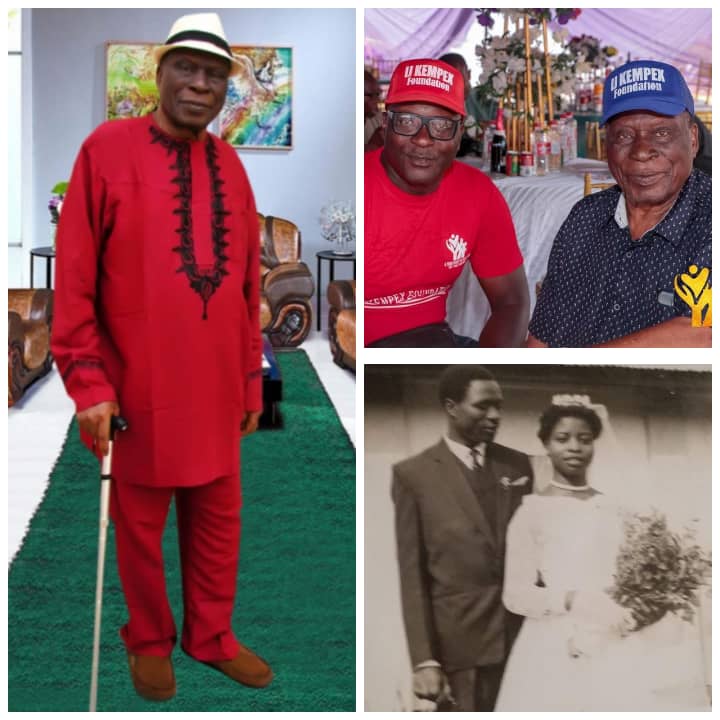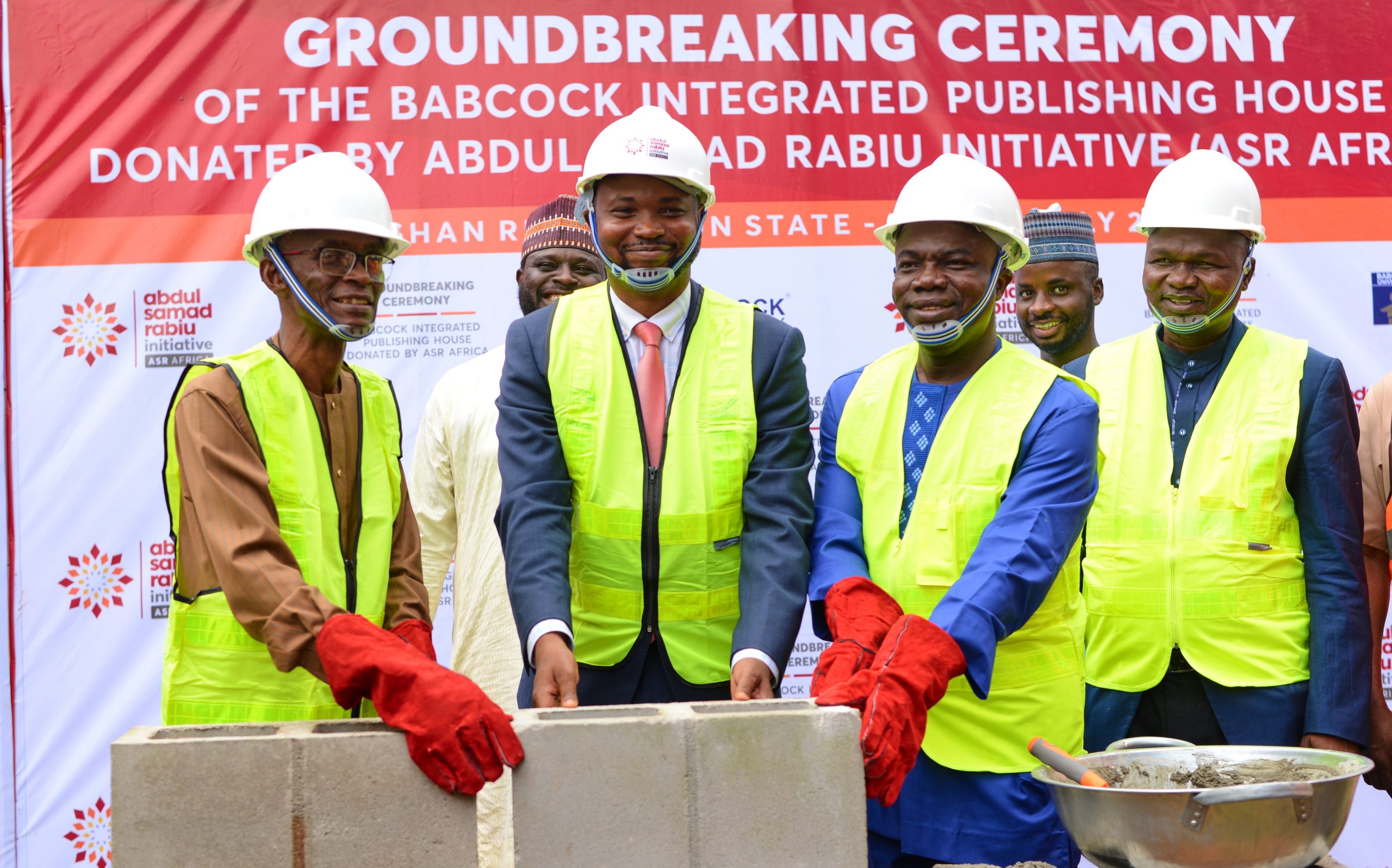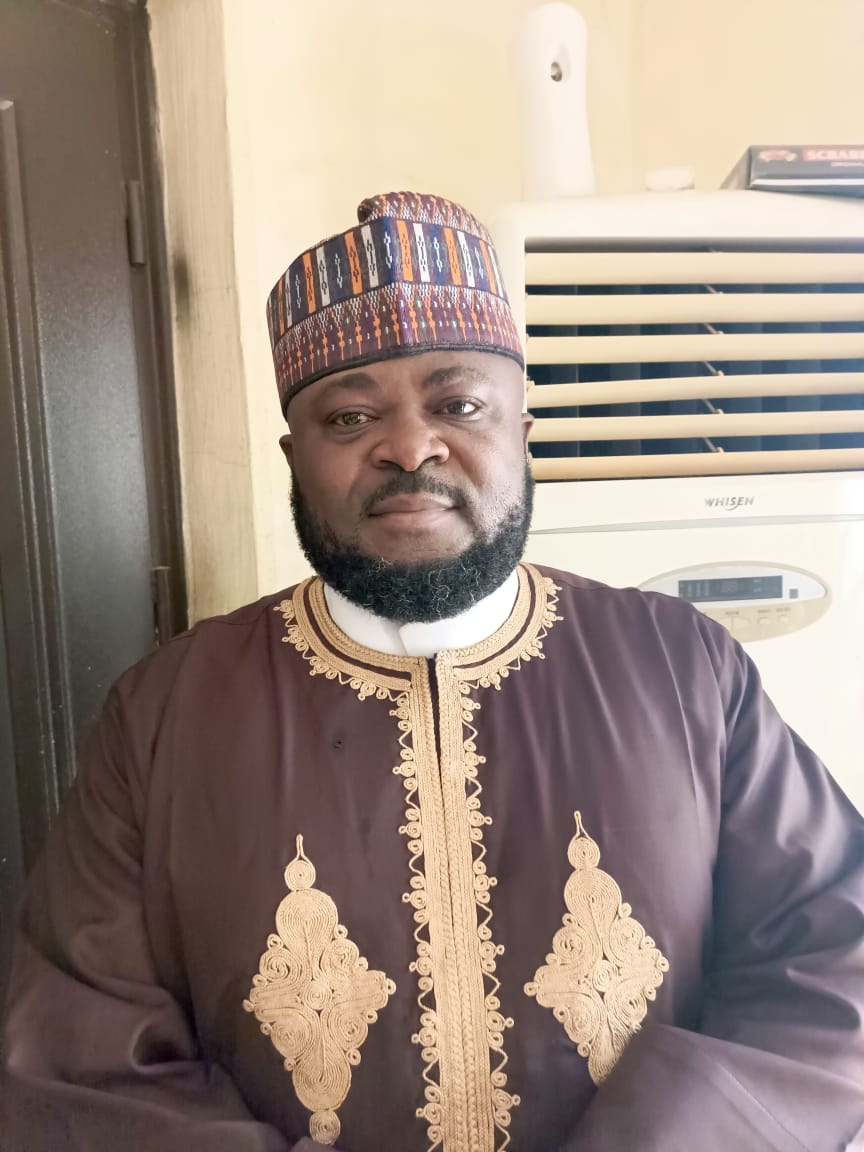ROWLAND OKORIE MOURNS WITH ONYEJIJI’S FAMILY
An Iroko, Sir Mark Onyejiji, Has Gone To Be With The Lord A great son of Itu Agunaeze, Ahiara Ahiazu Mbaise, Sir Mark Chukwunyere Onyejiji has gone to glory. He was a respected retired Police Officer who trained his two brothers and made sure they became successful. Sir Mark Chukwunyere Onyejiji was born in 1931, he died on July 31, 2023 spending 92 successful years on earth.

He served with the British Police’s Peacekeeping Force in Congo. He was the Chairman of a key Igbo societal structure, Ndi Apara ( a group strictly for the first sons of every family. He was the Chairman of CMO in Itu Agunaeze and Commander General of Knight of St. John . He also served as Chairman of the Parish Council for 12 years.
In giving back to the society, he fixed many of his people in the Nigerian Police Force . This great man was one of the first people to erect a glass house. His younger brother His Royal Highness, Eze Engineer Cosmas Onyejiji did not mince words while eulogizing him. “My elder brother was not a greedy person.
He was someone who wanted light to come into his family and community. He used the money he earned from his service in the Police Force to train me and my other brother. He served his family and people very well. His time has come and he has gone to rest with the Lord. We pray God accepts his soul and gives his immediate family and the entire Onyejiji family the heart to bear this loss .We will miss him a lot “. His sister-in-law ( ) also prayed that God accept his gentle soul. She praised his caring and unifying personality.
According to her, Sir Mark as he is fondly called, was a unifier and a father figure. Speaking about his father, Kenneth Chimaoge Onyejiji, said his father loved his wife,Mrs. Thereza Chukwunyere Onyejiji who died 4 years ago, his family members, and everybody he came across, dearly. He said his father lived a fulfilled life, travelled round the world and taught them that the keys to success are education and patience.
He added that Sir Mark also taught them the power of love, unity, forgiveness, and the fear of God. Chief Okechukwu Onyejiji, his second son, appealed to his loved ones not to weep because his father was a man who expressed true love and received love from his people. Sir Mark Onyejiji is survived by his 11 children- two boys and 9 girls . They are : Scholastica Obiagaeli Emenayo nee Onyejiji, Lilian Nkechinyere Nwabuisi nee Onyejiji, Maureen Uche nee Onyejiji, Emerobi Ekeanyawu nee Onyejiji, Kenneth Chimaroge Onyejiji, Akunna Ofurom nee Onyejiji, Chief Okechukwu Onyejiji, late Ifeyinwa Onyejiji, Okwuchi Orji nee Onyejiji, Ijeoma Onyengwere nee Onyeji, Obianuju Onyejiji. Also the CEO of Equity Concepts, Rowland Okorie, has expressed sadness over the death of Chief-Okechukwu’s beloved father, Sir Mark Onyejiji, who passed onto glory on July 31, 2023 at Abuja Hospital.
“This family was part of the success story I have in America today, When God brought me to this land he made a way for me through, “ Rowland Okorie said in an interview with naira land. In the interview, the US-based Project Nwafor Igbo pioneer shared how he felt about the news of the death of the 92 years old patriot Mark Chukwunyere onyejiji who served his country in sincerity of heart and purpose a true Nigerian. “Chief-Okechukwu onyijiji, a man with the heart of Gold, is one of the most powerful men I have heard his name from childhood growing up in the village.
Right after Dr Ifesinatchi Okechekwu handed me over to Sir Bob Agbonye, an Mbaise Icon, My story continued, he drove downtown LA and he said we are going to make sure you are taken care of and I have only one place in mind. I ended up with a household name in my community-
I have never experienced the level of hospitality I enjoyed which became home away from home for me. It was as though God already prepared someone to watch over me as I got handed by the First elected female National President of Enugu USA.” He added that “I would have faced greater struggles and challenges in America if the Almighty God did not send people like these people across to me. May his great soul rest in peace ..
Rowland Okorie:
www.equityconceptsng.com
www.knowurmovies.com

 Business6 months ago
Business6 months ago
 Business6 months ago
Business6 months ago
 celebrity radar - gossips6 months ago
celebrity radar - gossips6 months ago
 celebrity radar - gossips6 months ago
celebrity radar - gossips6 months ago


















